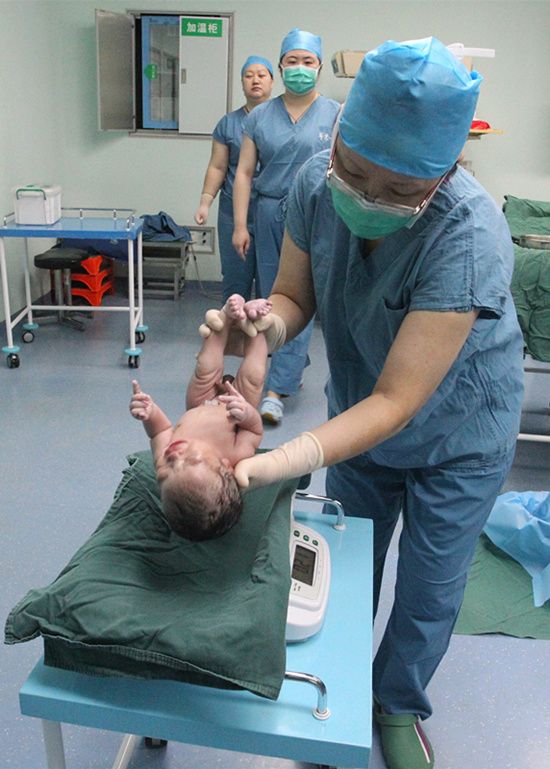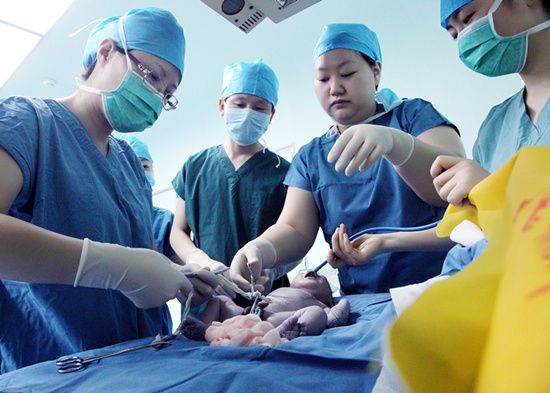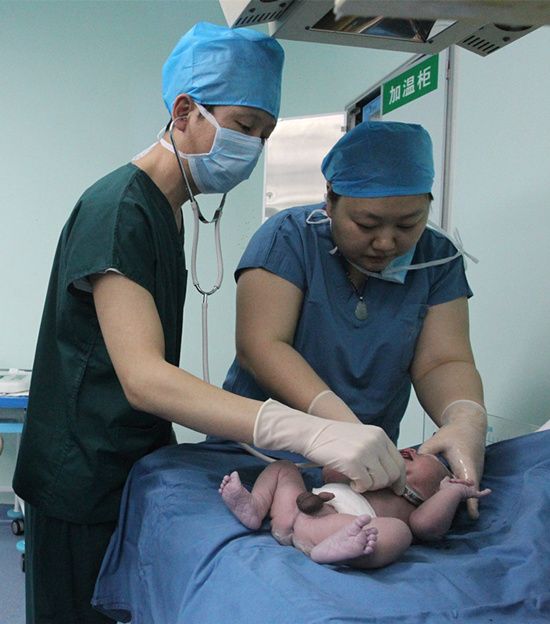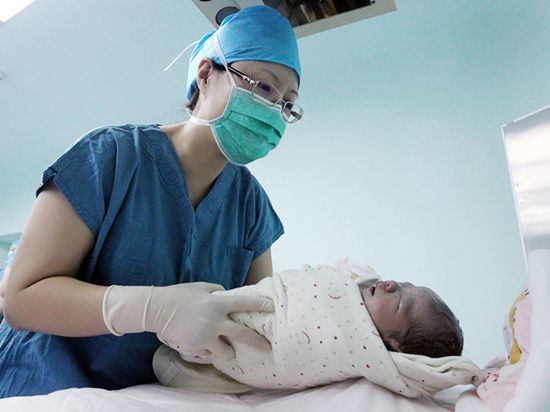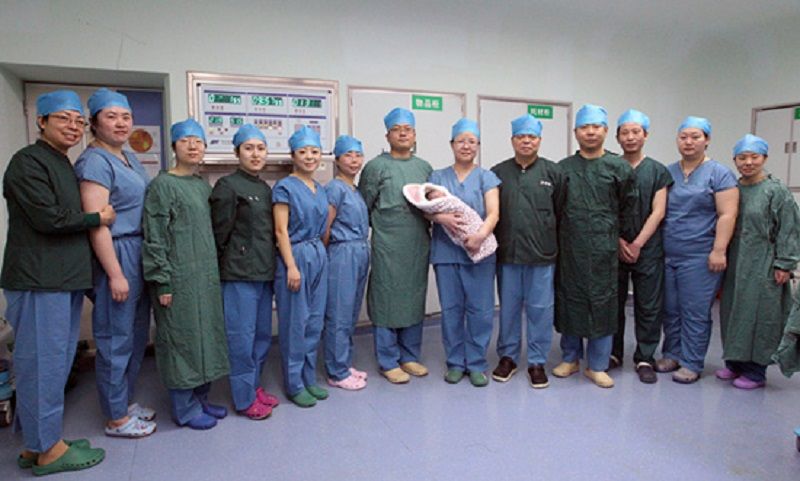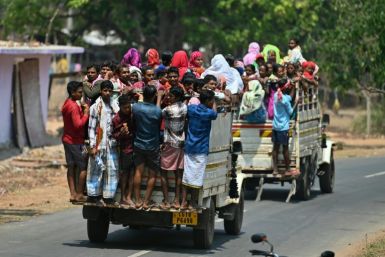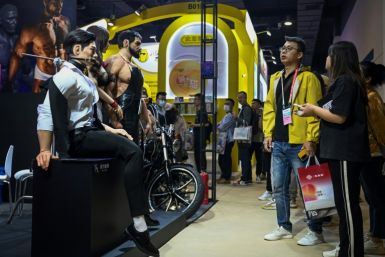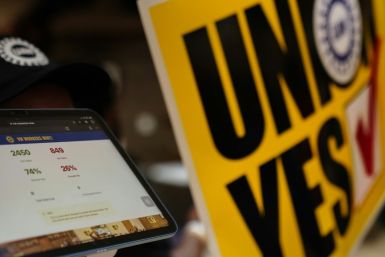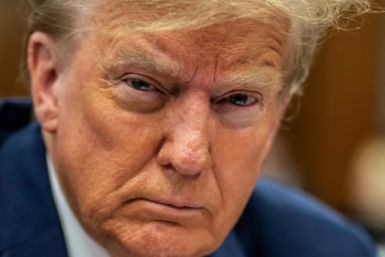Chinese woman gives birth to 2nd son, after IVF using 12-year-old embryo
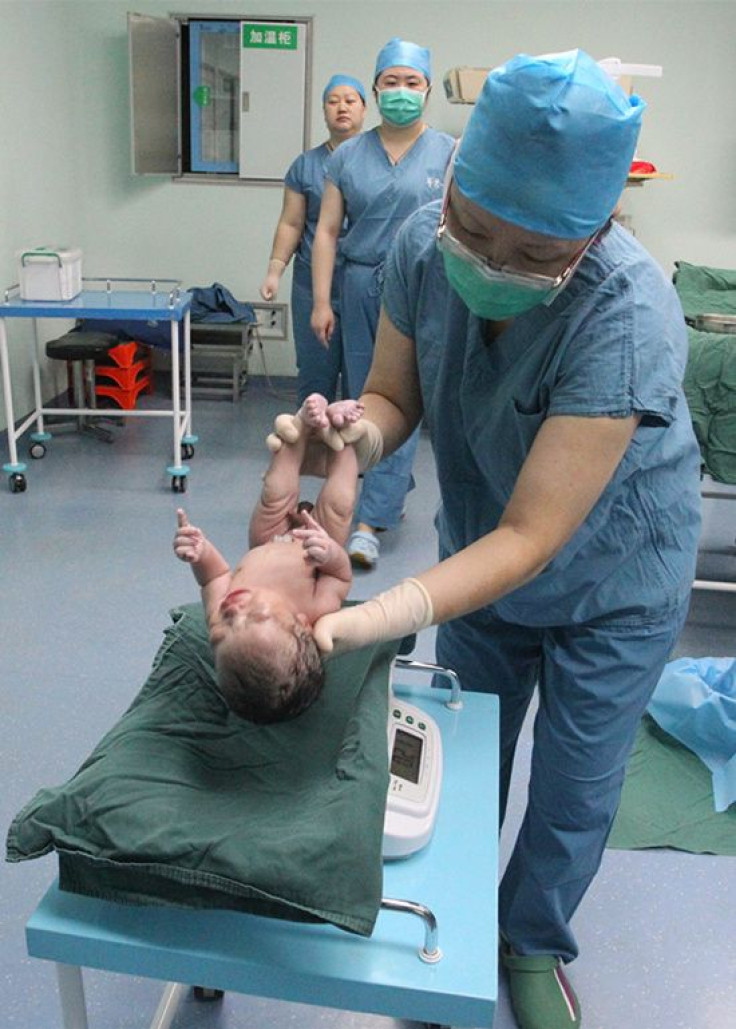
A Chinese baby boy born on Wednesday, Feb 24, is a survivor in many ways. First, he survived China’s one-child policy and benefited from the recent shift to a two-child policy.
Second, he survived the thawing process as 12 years of being a frozen embryo at Tangdu Hospital’s Reproductive Medicine Center in Shaanxi Province. As an embryo, he was also a survivor because when his mother, Lee, attempted to become pregnant in 2003, doctors harvested 12 of her egg and created 12 embryos using Lee’s husband’s semen. Two fresh embryos were implanted in Lee’s womb through in vitro fertilisation (IVF).
Lee had polycystic ovary syndrome and blocked fallopian tubes which affected her fertility and ability to become pregnant, so she had to resort to IVF. The following year, Lee gave birth to a boy who is now 12 years old.
Over those years, only three embryos survived the thawing process. In 2014, following the change of the one-child policy, Lee had two embryos implanted in her womb, but only one survived. When Lee’s second son was born, he made Chinese reproduction history by being the longest-preserved test tube baby in China to survive and be born - a testament to the country’s frozen embryo transfer (FET) procedure.
The hospital creates more than one embryo at a time is because it has a 40 percent success rate of implanted thawed embryos, explained Wang Xiaohong, director of the center. FET is suitable for patients with fresh period but because of complications or other reasons are not suitable for embryo transfer.
After the transplantation of her fresh cycle, the patient’s remaining viable embryos are cryopreserved to avoid wastage. And in case the fresh cycle transfer fails or the embryo eventually aborts, the frozen embryos are used to avoid stimulating ovulation, cut cost and reduce the patient’s pain.
In 2003, when Lee had her embryos frozen, it was also when Tangdu Hospital started to freeze embryos. Since then, the center has frozen around 100,000 embryos, thawed over 27,000 and led to the birth of 4,293 test tube babies, including Lee’s second son.
With the second-child policy which took effect on Jan 1, 2016, Wang says the parents of the several 10,000 frozen embryos in Tangdu could return like Lee and attempt to get pregnant again for the second time. And the bonus is they can do it without fear of reprisal from Beijing.
